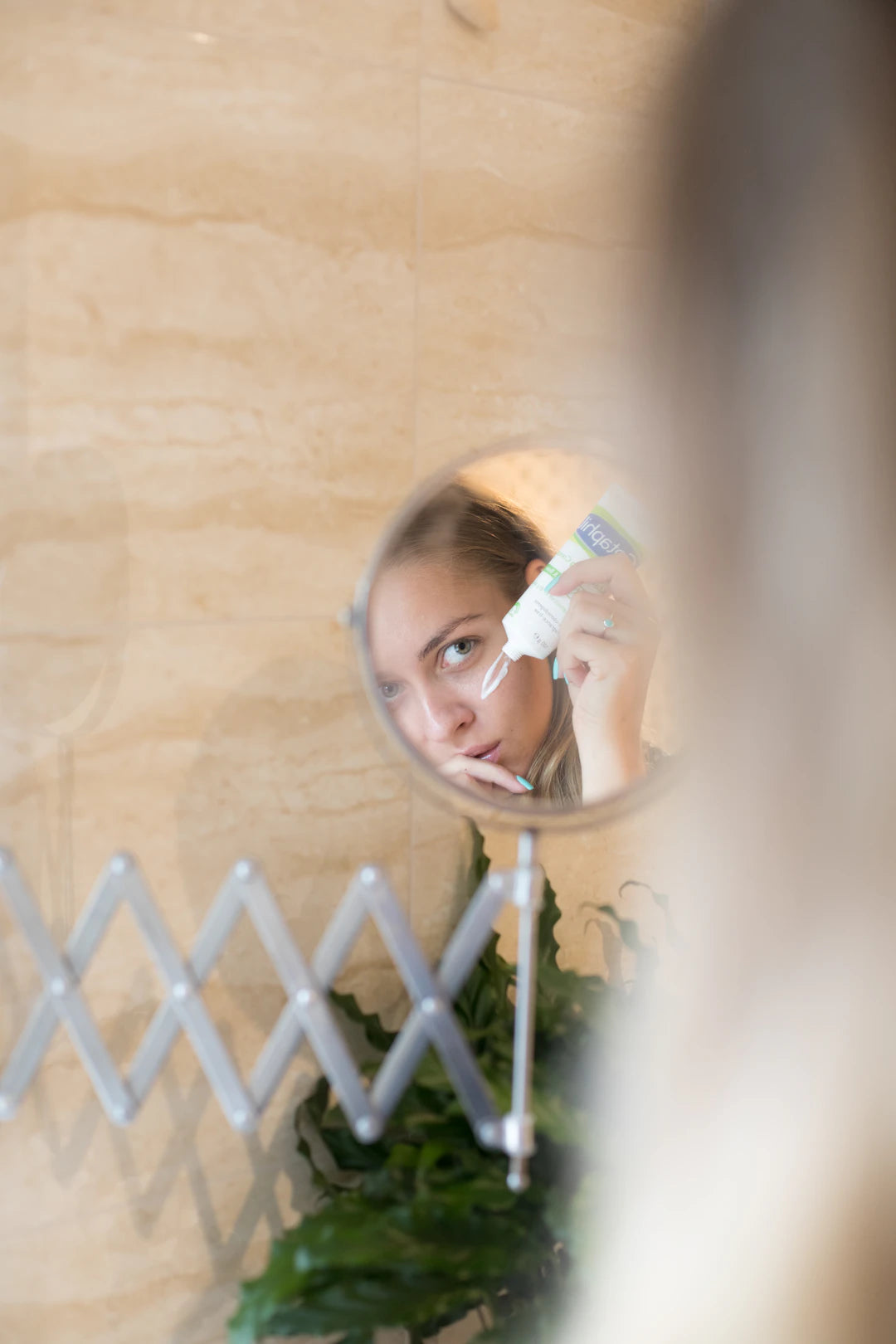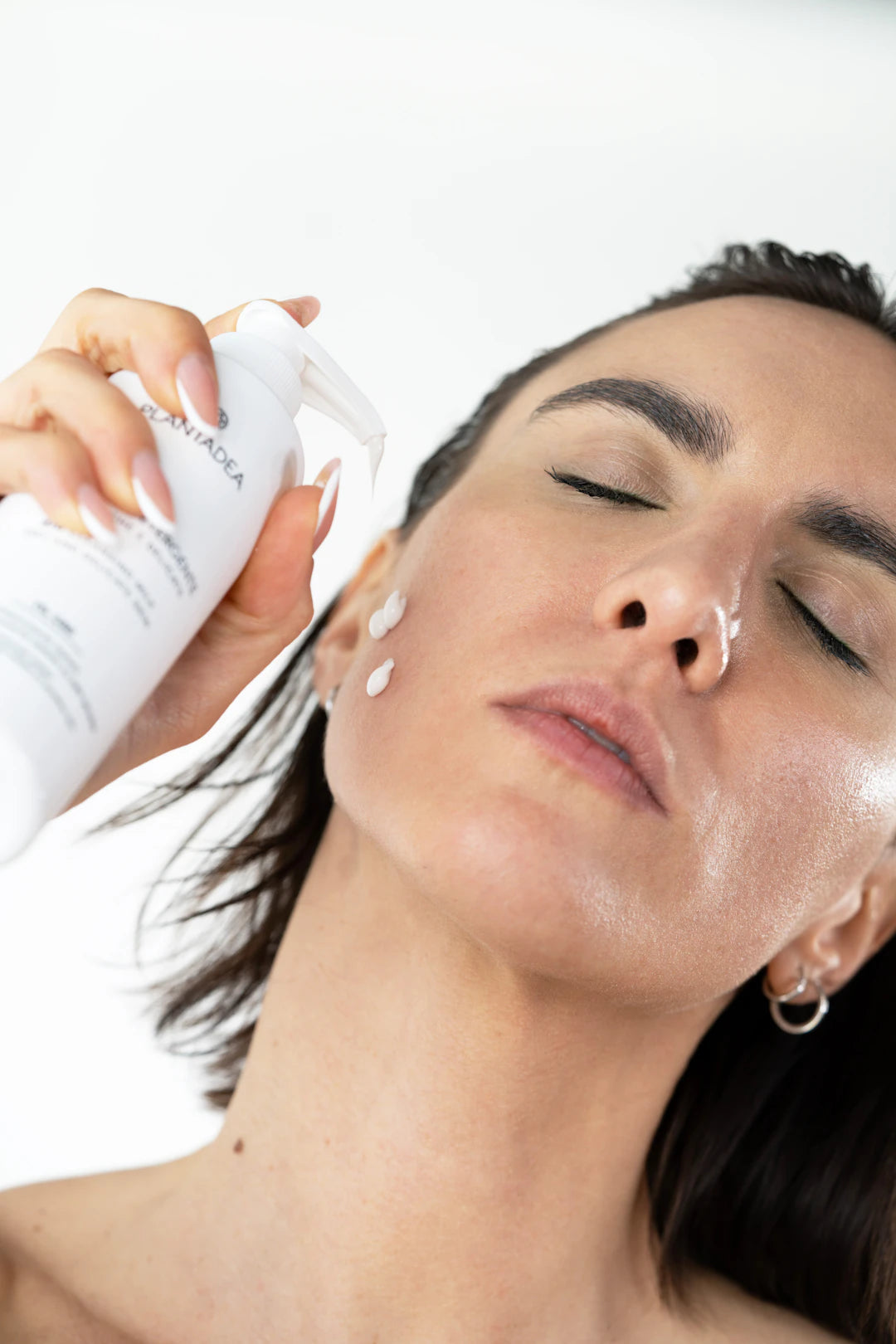Gentle Touch: Essential Tips for Caring for Sensitive Skin

Having sensitive skin can be a challenge. From environmental factors to everyday products, sensitive skin requires a special level of care. If you find that your skin reacts negatively to products or conditions, this guide will help you navigate your skin care routine with confidence. Let’s explore some invaluable tips for maintaining the health and beauty of sensitive skin while ensuring you reap the benefits of all that skin care has to offer.
Understanding Sensitive Skin
Before diving into specific care tips, it’s vital to understand what sensitive skin truly is. Sensitive skin can manifest as redness, irritation, dryness, or reactions to products that others may find gentle. This type of skin can be genetically predisposed or triggered by specific environmental factors, such as pollution or climate changes.
Identify Your Triggers
The first step in caring for sensitive skin is to identify what causes your reactions. Common triggers include:
- Harsh soaps and cleansers
- Extreme weather conditions
- Allergens in products or the environment
- Food sensitivities
By keeping a journal of your skincare routine and any reactions, you can identify patterns and work to avoid triggers that lead to flare-ups.
Building Your Skin Care Routine
Creating a balanced skin care routine tailored to sensitive skin is essential. Here are some key components to incorporate:
Gentle Cleansing
The primary step in any skin care routine is cleansing. Opt for a mild, fragrance-free cleanser that won’t strip your skin of its natural oils. Look for products labeled “hypoallergenic” to minimize the risk of irritation. Cleanse your face twice a day—once in the morning and once before bed—to keep your skin fresh and clear.
Exfoliation with Care
Even sensitive skin requires exfoliation, but the key here is to exfoliate gently. Avoid harsh scrubs or chemical exfoliants that can irritate your skin. Instead, consider using mild exfoliators with natural ingredients. Limit exfoliation to once or twice a week to prevent over-exfoliation.
Hydrating Your Skin
Moisturizing is critical for sensitive skin. A good moisturizer helps strengthen the skin barrier and retains moisture. Look for ingredients like:
- Hyaluronic acid
- Glycerin
- Centella Asiatica (also known as Gotu Kola)
Choose a product that suits your skin type, whether it’s lightweight and gel-based or a richer cream for extra hydration.
Sun Protection is Non-Negotiable
Sensitive skin often reacts to sun exposure. Using a broad-spectrum sunscreen with an SPF of 30 or higher is crucial, even on cloudy days. Look for mineral-based sunscreens containing zinc oxide or titanium dioxide for a gentler option that won’t trigger irritation.
Exploring Photofacial Benefits for Sensitive Skin
A popular option for rejuvenating sensitive skin is photofacials. While they may sound intimidating, these treatments come with multiple advantages:
Promotes Skin Healing
Photofacial treatments utilize light energy to target and heal underlying skin concerns. The gentle beams can reduce inflammation and redness, which is especially beneficial for those with sensitive skin. Regular treatments can significantly improve skin tone and texture while promoting a more youthful appearance.
Reduces Appearance of Redness
Because sensitive skin often shows redness, photofacials can offer a solution. They help in reducing the visibility of capillaries and other vascular lesions while promoting an even skin tone. This can boost your confidence and reduce the discomfort sometimes associated with sensitive skin.
Non-Invasive and Quick
Another benefit of photofacials is their non-invasive nature and overall quick treatment time. Most sessions take around 30 minutes, allowing you to fit them into your busy schedule. There’s minimal downtime, making them an appealing option for maintaining healthy skin.
Be Mindful of Ingredients
When selecting products for your skin care routine, always read the ingredient labels. Certain ingredients are known for their potential to irritate sensitive skin. Here are a few to avoid:
- Fragrances
- Alcohol
- Sulfates
- Retinols
Instead, lean towards soothing and calming ingredients. Some beneficial ingredients for sensitive skin include aloe vera, chamomile, and oat extract.
Testing New Products
Whenever you introduce a new product into your routine, be sure to patch test it first. Apply a small amount on your wrist or behind your ear to see how your skin reacts after 24 hours. This simple step can save you from potential breakout disasters and reduce inflammation.
Prioritize Your Skin’s Needs
It’s easy to get caught up in the latest products and trends, but for those with sensitive skin, less can be more. Focus on a few high-quality products instead of an extensive array of cosmetics. Always humbly give your skin what it needs and be patient. When you find what works, stick with that routine.
Diet and Lifestyle Considerations
Your skin’s condition is influenced not just by topical products but also by your diet and lifestyle. Here are some areas to focus on for optimal skin health:
Stay Hydrated
Drinking plenty of water daily helps keep your skin hydrated from within. Aim for at least 8 glasses of water and consider integrating hydrating foods, such as cucumbers and oranges, into your meals.
A Balanced Diet
Incorporate antioxidants into your diet through fruits and vegetables. Foods rich in omega-3 fatty acids, such as salmon and walnuts, can help lower inflammation and support skin health. Avoid processed and sugary foods that can trigger flare-ups or redness.
Stress Management
Stress can exacerbate sensitive skin conditions. Consider incorporating stress-relief practices like yoga, meditation, or simple breathing exercises into your routine. A calm mind typically leads to calmer skin.
When to Seek Professional Help
If you continuously face challenges with your sensitive skin, it may be time to consult a dermatologist. They can provide personalized advice, recommend suitable treatments, and even prescribe medication for persistent issues. Understanding your skin's unique needs is key to achieving optimal results.
Your Path to Radiant Skin
Caring for sensitive skin doesn't have to be a daunting task. With the right knowledge and practices, you can nurture your skin and promote its health. Remember to build a calming skin care routine, be mindful of ingredients, and embrace the soothing benefits of treatments like photofacials. As you cultivate a deeper understanding of your skin, you will discover the path to achieving beautiful, resilient skin that's as unique as you are.


